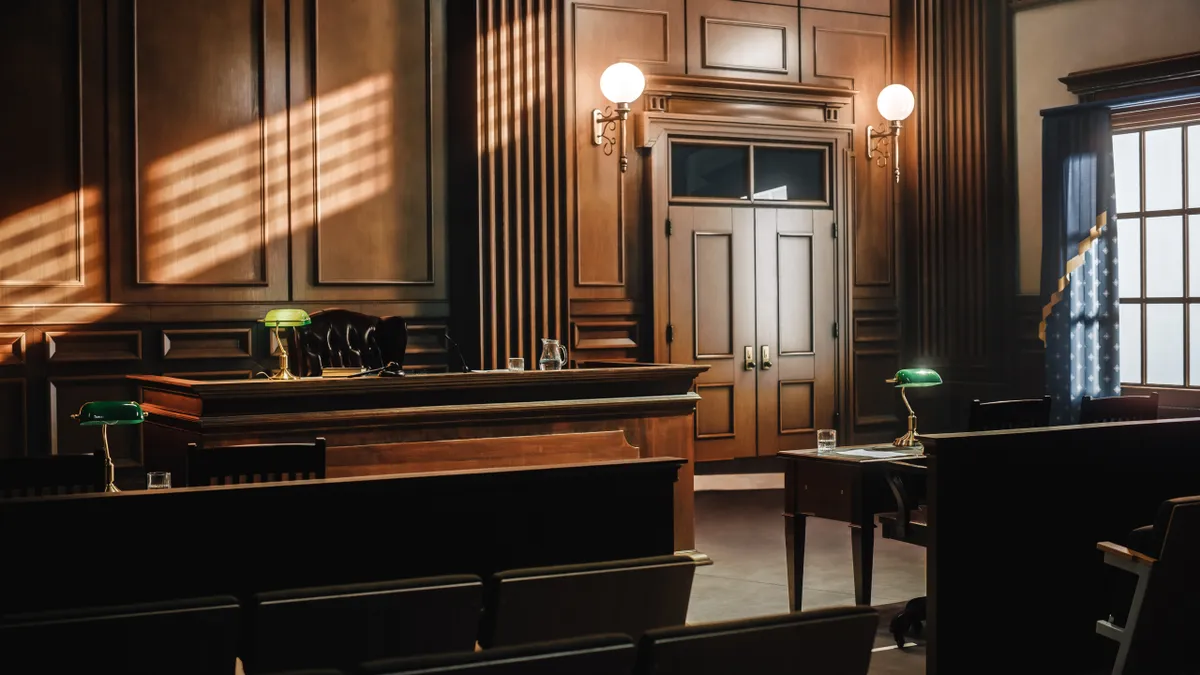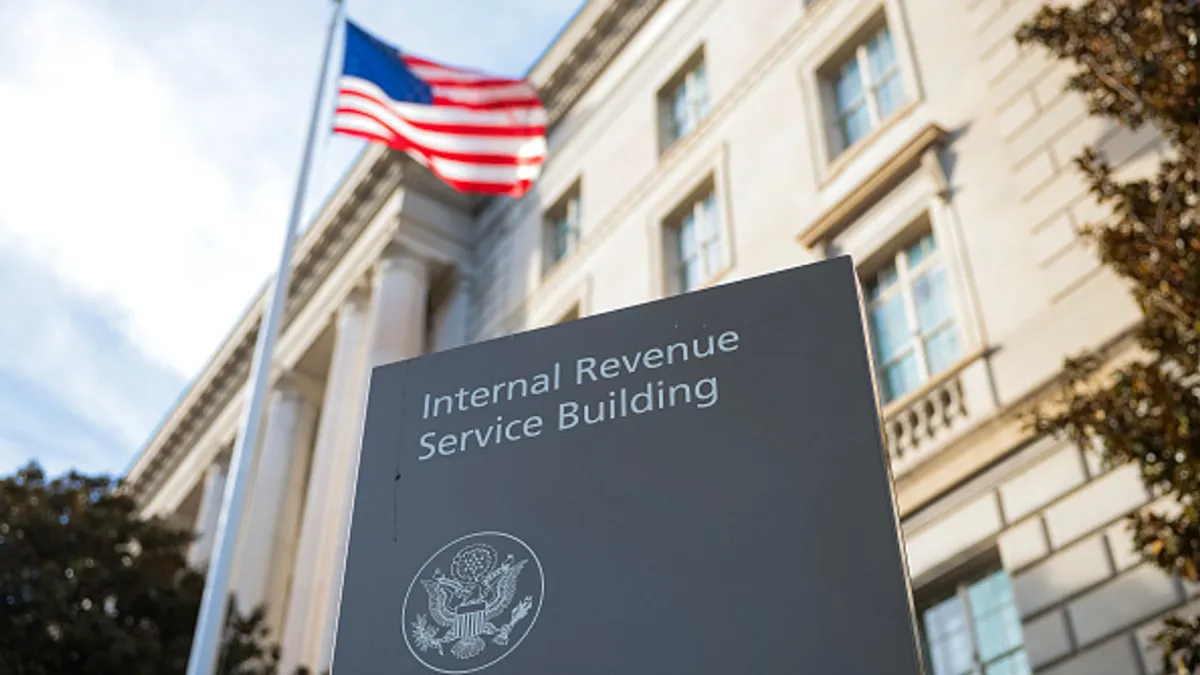When New York Gov. Kathy Hochul on Friday signed a bill into law that provides an alternative route easing the path to becoming a certified public accountant, its supporters breathed a sign of relief.
The legislation had sat awaiting her signature since the state’s lawmakers passed it in June, raising questions about whether the wait signaled problems for its prospects. “I know it caused our members a little anxiety but we were never worried,” Calvin Harris Jr., CEO of the New York Society of CPAs, said in an interview, noting that the legislation had drawn near unanimous support in the state legislature and that previous accounting legislation had also taken until November to get signed.
Now Harris is looking to the 12-month transition period stretching ahead until the new law goes into effect on Nov. 21, 2026. Harris welcomes the period, saying it will be used to hammer out some of the details of the new CPA pathway.
“The reality is, once you have the new pathway you have any number of things that need to happen,” Haris said, noting that the longer transition period will give leaders the time to clarify some of the details and enable the industry and associations like his own to get the word out.
The change is part of a nationwide push by the accounting industry to make it less costly for people to enter the profession.
Like at least 23 other states, under the new law New York will soon allow CPA candidates to get licensed with just 120 hours of college credit that is typically equal to four years of post-secondary education, as well as two years of relevant work experience and passing the CPA exam. Unlike some states, New York will also retain the existing route, which requires 150 hours of college credit — typically equaling five years of post-secondary education — along with one year of experience and passing the CPA exam. “The 150 hour pathway is not going anywhere,” Harris said.
Looking ahead to the transition period, among the details that still need to be hammered out are exactly what type of classes students will need to take to fulfill the 120 credit hours, Harris said. There is a preliminary breakdown, but he said the exact educational components haven’t been formally determined. “My advice to candidates is to keep tracking it,” he said.
For now, the bill (A7613B) that was signed states simply that the candidate’s curriculum should be comprised of either at least 120 semester hours in a “program in accountancy…provided that the applicant shall satisfy the undergraduate curriculum semester hour requirements for the specified subjects set forth in the commissioner's regulations” or 150 semester hours in a program in accountancy, provided that the applicant shall satisfy the curriculum semester hour requirements “for the specified subjects set forth in the commissioner's regulations.”
The lack of clarity in the legislation has left some students confused. Though excited about the change, many students have questions that don’t yet have answers, according to Jack Castonguay, an associate professor of accounting at Hofstra University in New York.
“They and I had hoped the New York Office of the Professions would have issued transition guidance alongside the bill signing,” Castonguay said in an email Tuesday. Instead, as it stands, he said students have to make decisions on graduate schools in the coming months but don’t know if they will need 120 or 150 hours when they apply, or if they should even apply to sit for the CPA exam until guidance is issued.
“They don’t want to run the risk of applying and [starting] to study only to find out because they applied early they are under the 150-hour rule and not the new 120-hour rule that doesn’t become effective until November of 2026,” Castonguay said. “I feel bad because I can only speculate when they need concrete answers.”
Both Harris and Castonguay rejected arguments of critics who worry that the new rules could ultimately weaken the standards of the profession by reducing the number of hours of college needed to get certified. Harris pointed out that the licensing rules aren’t unprecedented; many older CPAs were licensed before states began shifting to the 150 credit hours requirement decades ago.
Castonguay also noted that many professions, ranging from accounting to law and medicine, have operated under requirements that no longer reflect the current operating environment in which students are better prepared and have more internships and other work opportunities early in their college careers. At the same time, he said the cost of education has risen while student loan options have declined.
“The professions, work opportunities, and education changed but the standards for these professions didn’t respond to the changes,” Castonguay said in an email. “They were stuck in the past.”
The new era in accounting rules has now swept up roughly half the country. With New York’s law now on the books, 24 states have new CPA pathways laws or have adopted new licensing rules, with Massachusetts, New Jersey, Michigan and Arkansas likely to follow suit before the end of the year, according to Robert J. Pawlewicz, an assistant professor of accounting at the University of Virginia’s Robins School of Business.
Keep up with CPA licensure changes with CFO Dive’s tracker on the topic here.






















